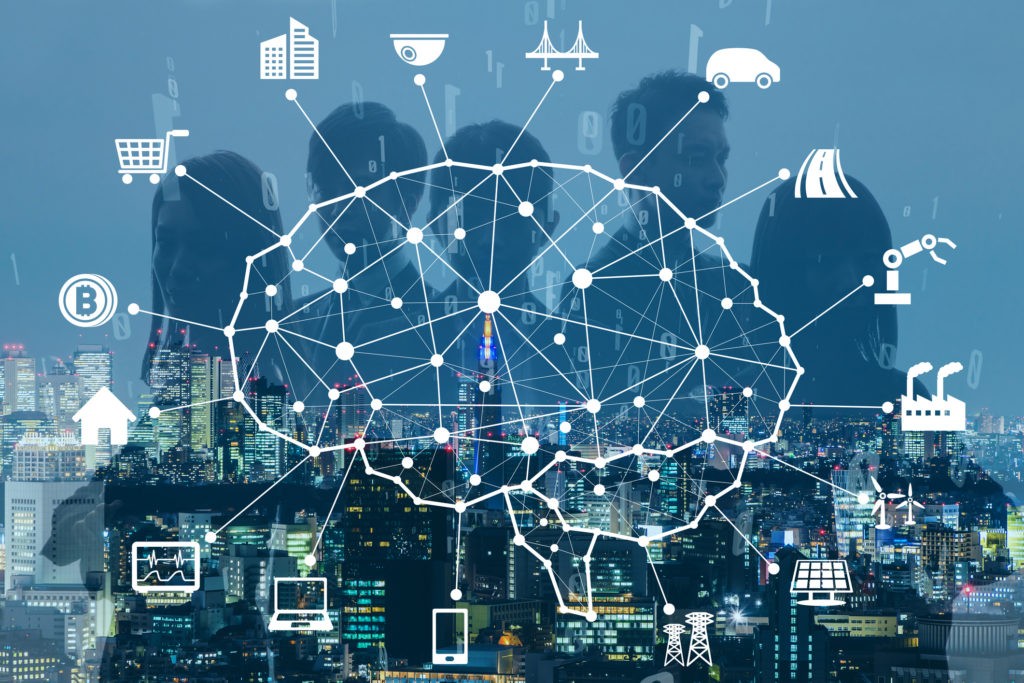October 31, 2024
Cellular providers love to tout their 5G networks. They’re much faster, they say, and more stable. And both, in general, are true. But the functionality of 5G goes far beyond those things. Over the last couple of years, 5G backup solutions have saved countless companies countless millions of dollars, not to mention reputational damage.
As a recent Cradlepoint report notes, “Network downtime can wreak havoc on businesses, causing disruptions to operations, reduced productivity and potential revenue
loss. Because many companies store data in the cloud and use an increasing number of cloud-based services, reliable wide-area network (WAN) connectivity is critical — even a short period of interruption can have far-reaching consequences.”
When primary networks fail, production halts, emergency communication becomes impossible, important medical records become inaccessible—to name just a few of the most significant downsides.
Expertly implemented 5G backup goes a long way toward mitigating potential—and potentially catastrophic—damage.
Ryan Hanna, Principal Solutions Architect at Mindsight, explained how 5G evolved and its vital importance to businesses of all sizes—including his previous company in the financial sector, “where time is money and uptime is everything.”

***
Historically, cellular backup—be it 5G, 4G or LTE—was limited. A lot of the focus was on power grids in the middle of nowhere and red-light cameras. Even delivery trucks have 5G so that when the driver scans your package, it just talks back to the wireless in the truck, and you get an email saying your package was delivered. Emergency response vehicles all use it, too, as a backup or as primary communication back to either their cloud or their data center. 5G internet solutions today also are not just made for a mobile type of solution, they have enterprise devices that are specifically made for enterprise internet backup.
Fast-forward: I’ve been seeing a lot of mid-market or SMB-type customers inquire about and implement 5G, which is essentially a multi-vendor enterprise solution that can be leveraged for primary internet failure. Maybe they have an office of 20 or 40 people, and they have a single terrestrial landline internet that’s their primary communication. There’s no other option, so they’re out of luck if that sole connection goes down. The only thing they can do is panic, call their provider and hope things get fixed sooner than later. This problem impacts customers that have a cloud-based phone system as well. A lot of cloud-based phone services are internet based these days. If the internet goes down, so does their ability to call in or call out of the location. A 5G internet backup solution solves this issue.
Now, though, they can install a 5G network that kicks in right away if something goes wrong and keeps them up and running until their primary network is back online. They make devices today that combine routing and firewall capabilities via a 5G modem and a SIM card that provides you with advanced threat protection. And a lot of plans have unlimited data for a nominal fee, so it’s a cost-effective solution. Today’s 5G devices can even do OSPF (open shortest path first) or BGP (Border Gateway Protocol) routing, one of several advanced features that wasn’t available in the past.
For a lot of customers, uptime is critical—especially for sectors like manufacturing and electrical, where the sudden halting of operations causes a chain reaction that impacts numerous other connected parties that depend on constant production and reliability. 5G is also crucial for smaller customers, like mall kiosks and gas stations, which use them almost exclusively for point-of-sale systems. If a gas station’s primary internet goes down, for instance, people can’t pump gas because their credit cards won’t clear. 5G solves that. In those instances, and numerous others (like food trucks), as a credit card machine goes, so goes your business.
The same could be said of your 5G backup solution.
About the Expert
Ryan Hanna, Mindsight’s Principal Solutions Architect, has a well-versed knowledge of all things wired/wireless network and network security related. He’s spent over 20 years creating and maintaining global networks using advanced network engineering, monitoring, and network automation for international mission critical low latency financial networks and managed financial hosting operations. Ryan brings real world experience to provide customers with practical solutions for any size network and network security architecture. Ryan is a certified 3x Juniper JNCIA, Fortinet Certified Professional, Palo Alto PSE hardware professional, Cradlepoint Certified Network Associate, and is ITIL certified.
About Mindsight
Mindsight delivers enterprise managed services to the mid-market across a variety of industries including manufacturing, financial services, government, education – just to name a few. Our solution architects and engineers are expert-level only and are an extension of your IT team. Mindsight is headquartered in Downers Grove, IL, a suburb of Chicago.